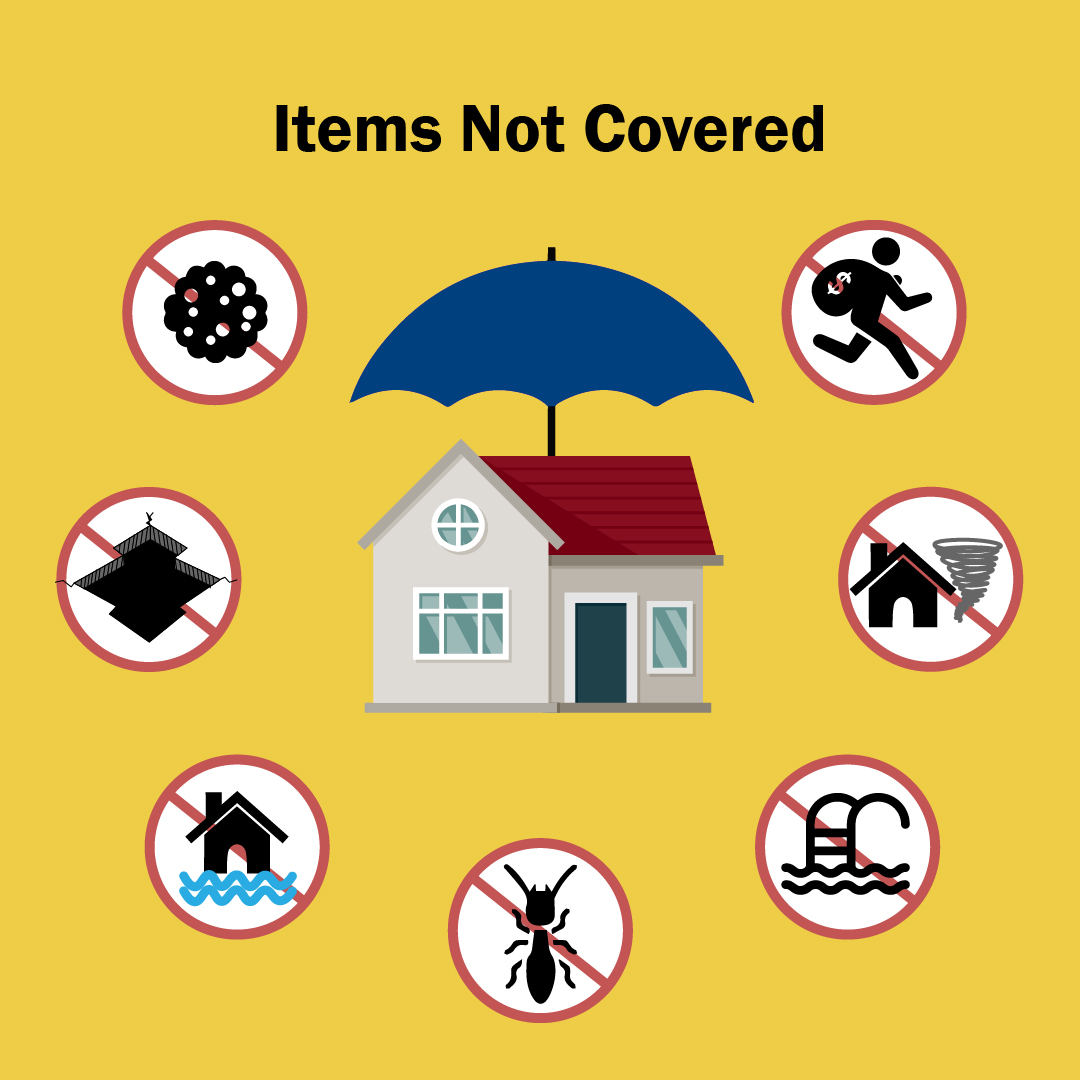Spring Clean your Financial Records
Spring Cleaning your Financial Records
Have you ever kept every ATM receipt since 2001? Do you hang onto your pay stubs from every job you have ever had? Or, are you the opposite, throwing every document straight into the garbage? Understanding how long to keep documents and sensitive information can be as tricky as figuring out the best spot to store and organize them. Some documents you should keep, but others can be shredded immediately. Here’s a guide for spring cleaning your sensitive information, documents and financial records.
Keep Forever
Never throw out items that prove who you are, as they can be expensive and difficult to replace. Below is a list of items that should never be thrown away.
- Birth Certificates
- Social Security Cards
- Citizenship Papers
- Adoption Papers
- Death Certificates
- Marriage Certificates or Divorce Decrees
- Retirement/Savings Plan Statements (until you retire or the account is closed)*
Some documentation is best kept until something is paid for or sold. For example, you should keep your home deed or vehicle title until those are sold. Receipts from large purchases (such as jewelry, appliances, cars, collectibles, furniture, computers, etc.) should be kept for to provide to your insurance as proof of their value in the event of loss or damage.
*Some advisors recommend keeping your Roth Individual Retirement Account (IRA) contribution records until it comes the withdraw of funds. By doing so, you can prove that you have already paid taxes on this money.
The 7 Year Rule
Taxes- IRS has three years from your filing date to audit your return if it suspects good-faith errors. The three-year deadline also applies if you discover a mistake in your return and decide to file an amended return to claim a refund. The IRS has six years to challenge your return if it thinks you under reported your gross income by 25% or more. Here are some tax-related items to consider keeping for seven years:
- Tax-related receipts
- Tax-related cancelled checks
- W-2s
- Records for tax deductions
- Shred within a Year
Homeowners- When it comes to record keeping for your house, keep all records documenting the purchase price and the cost of all permanent improvements, such as remodeling, additions and installations). Keep records of expenses incurred in selling and buying the property, such as legal fees and your real estate agent’s commission, for seven years after you sell your home.
Shred After a Year
Some items you will want to keep for a year, such as those you receive on a monthly basis. Many of these documents are available online so if you need to retrieve them later you can. A couple examples include:
- Bank Statements
- Paid Medical Bills
When you enroll in Rogue’s Online Statements, you earn a one-time $5 deposit into your high-yield Ownership Account. PLUS up to five years of monthly statements are always available safe and securely!
Shred After 30 Days
These items might seem important, but you do not need to hang onto them longer than 30 days. Items to keep for at least 30 days include:
- Pay stubs
- Checks deposited through mobile apps
- ATM slips
- Utility and phone bills
Following simple guidelines and maintaining your records is essential. The more organized you are, the lighter your load becomes. The lighter your load, the lighter your stress level. Find an organization system that works for you. Some scan documents before shredding them, or choose to use file in cabinets, some even invest in fireproof safes. You can organize your records monthly, quarterly or annually, any organization is good organization. Don’t be the docu-hoarder or the person always scrambling to find that document. Find out what works best for you, and put in the maintenance involved with proper record keeping.
We love to hear from our members. If this article resonated with you or if you have future ideas for articles, please share your response.








